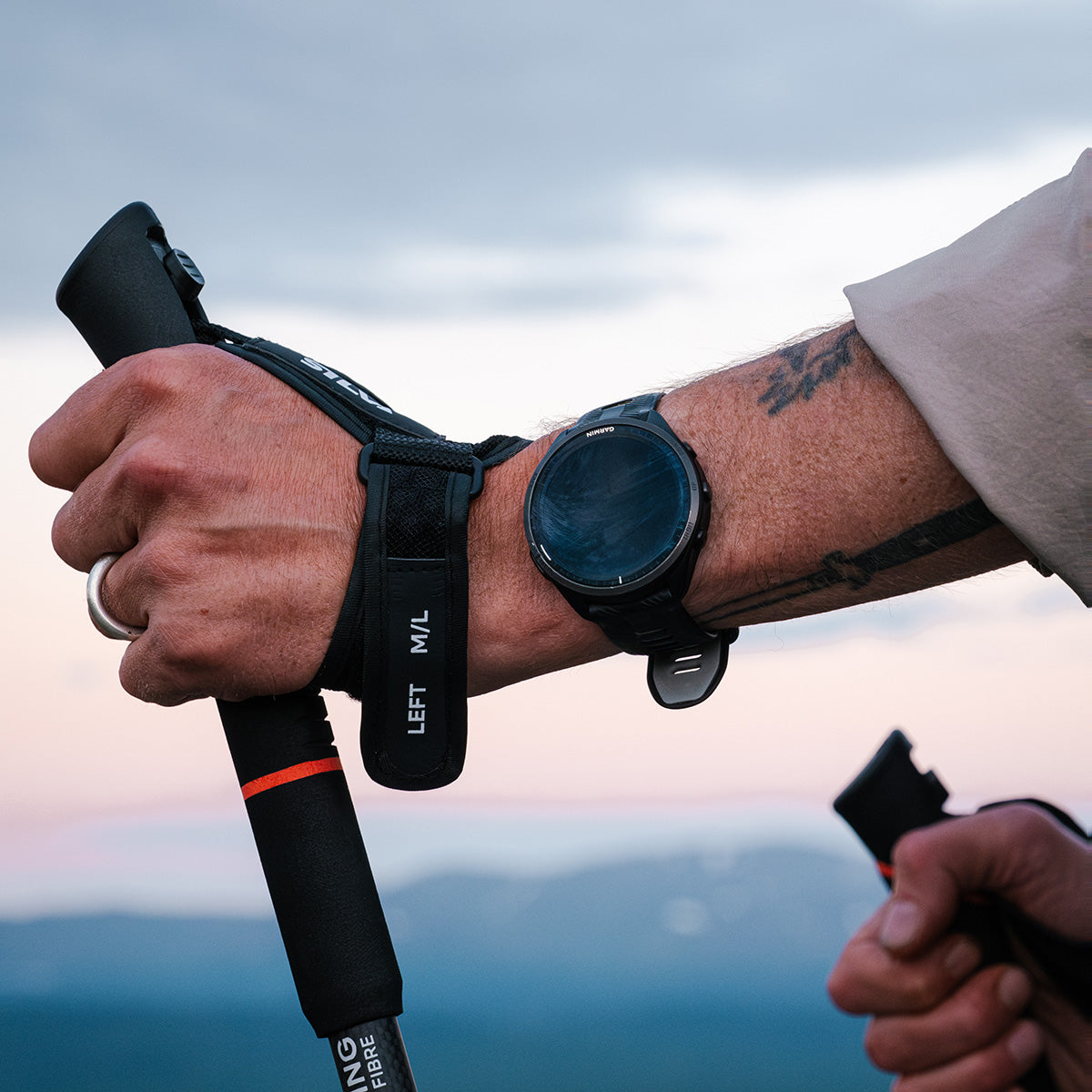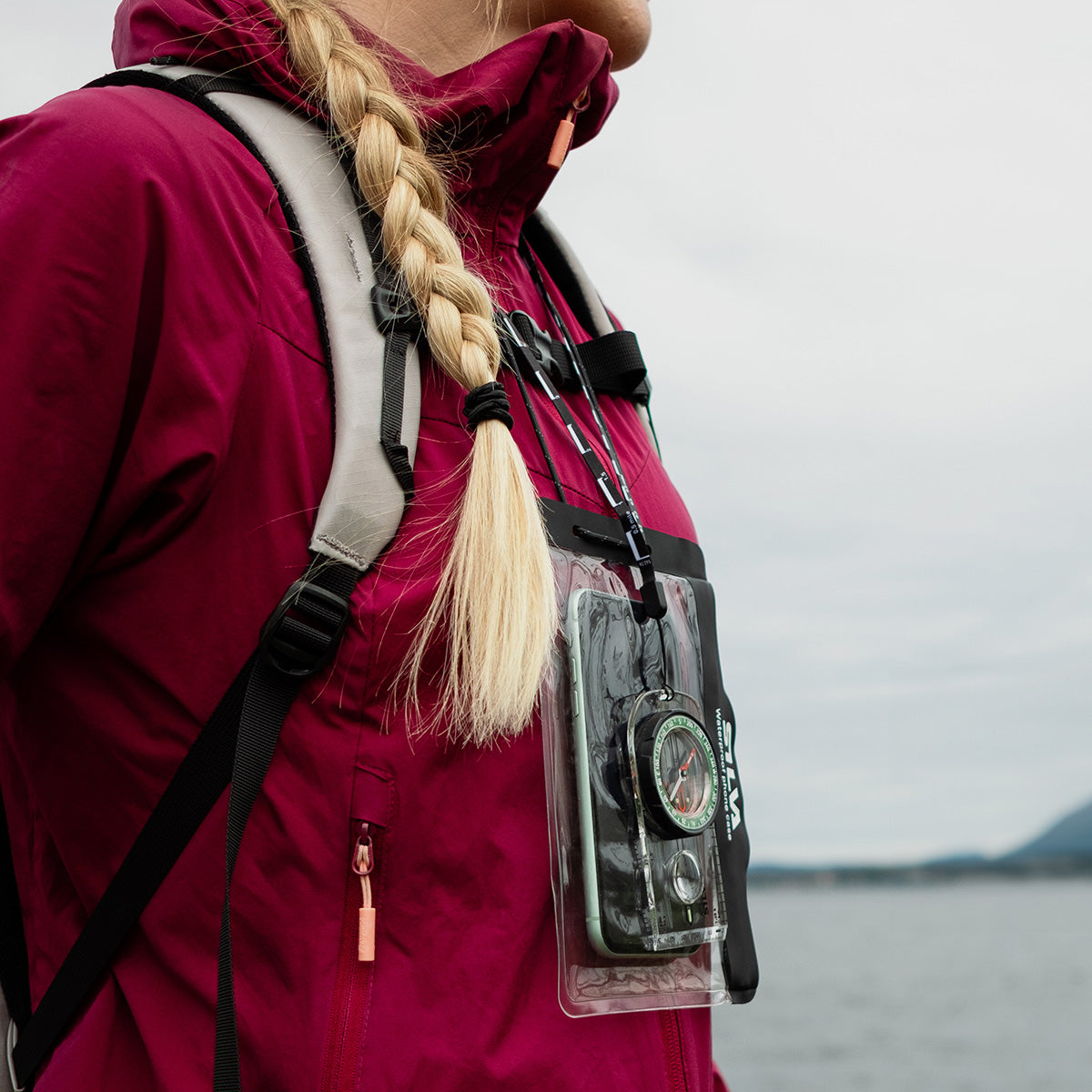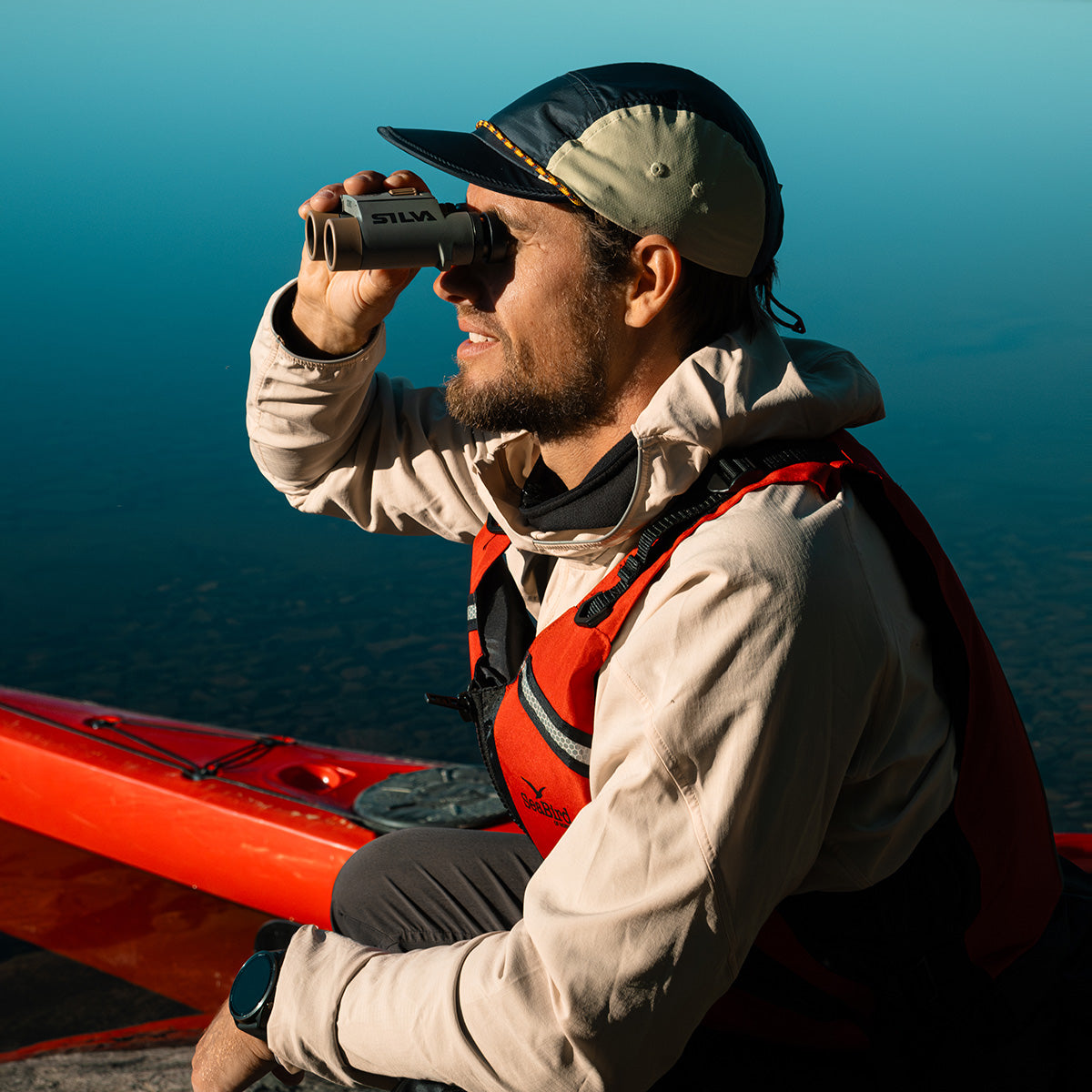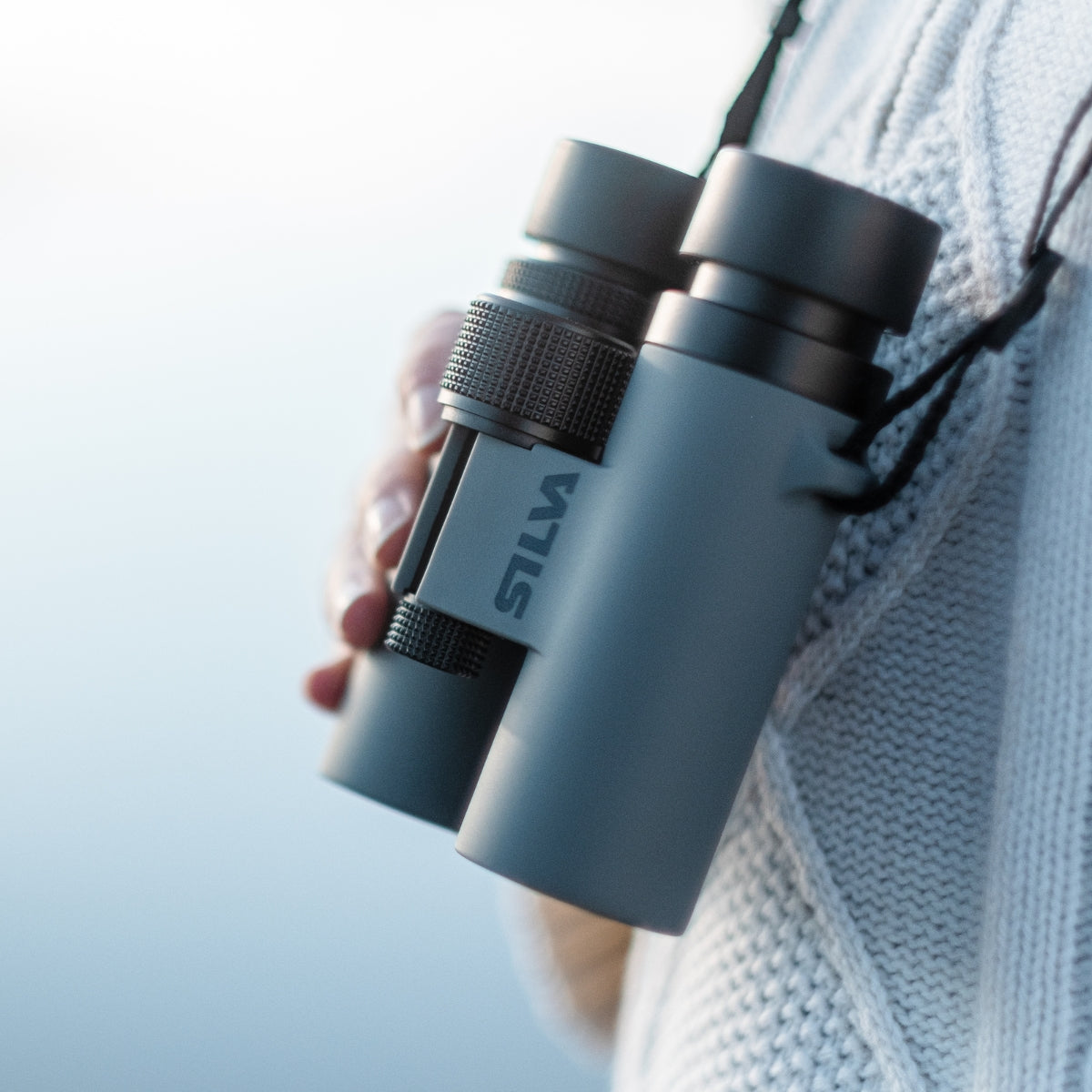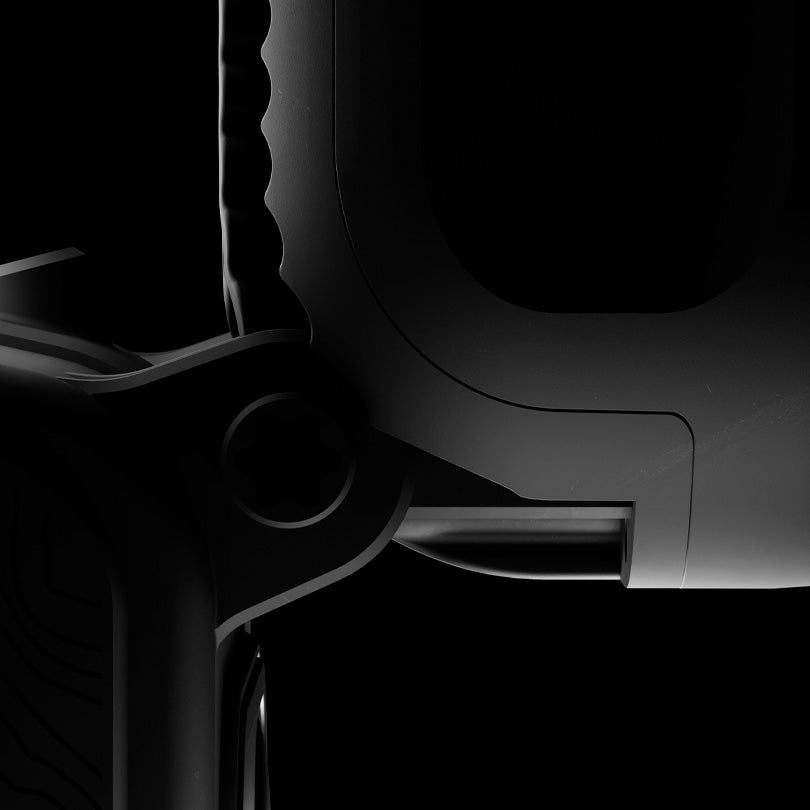Not entirely unexpectedly, most of our total emissions and negative impacts come from our supply chain, which is largely located in Asia. Silva does not have its own production and is therefore dependent on various suppliers and subcontractors. Our biggest opportunity to influence, but also biggest challenge, is to collaborate with our suppliers and set visions, goals and follow-up that contribute to creating positive change for both people and the environment.

OUR GOAL 2030
We have set a goal to reduce our emission intensity of greenhouse gases by 60% until 2030*. To achieve this, we must work for production to be driven by renewable energy sources, while at the same time speeding up initiatives that reduce the total energy consumption in production. This is where we can have the most influence and where we can push through the biggest change. Where we stand today, we also see opportunities to implement other changes along the production and supply chain that further reduce our emissions and negative footprint. You can read more about these initiatives below.
*Compared to 2022

SILVA CODE OF CONDUCT
Today we have a "Silva Code of Conduct" which is based on the UN Global Compact and its 10 principles in the areas of human rights, labor law, environmental law and anti-corruption. It is simply a document with a number of principles and guidelines we expect all our suppliers and business partners to sign and then adhere to. If this does not happen, it is our responsibility to end the cooperation and find new cooperation partners. You can read our Silva Code of Conduct here.
We follow Amfori's Business Compliance Initiative and work hard to involve our suppliers and business partners.

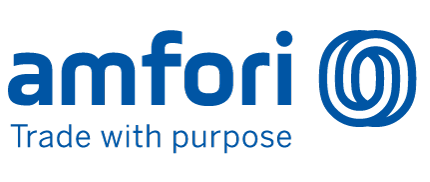
AMFORI BSCI
Amfori was founded in 1977 and is today a world-leading trade organization for sustainable trade with over 2,400 members. Through a recognized methodology, they help companies to conduct responsible operations and to improve their policies and processes. With the help of the Amfori BSCI Code of Conduct, we can set demands for well-founded and documented CSR work throughout the entire supply chain, while at the same time we get help to identify, prevent, take into account and remedy any irregularities or violations of human rights.
We have set the goal that all our main suppliers (tier 1) must have signed Amfori BSCI and we must have mapped all subcontractors (tier 2 and 3) before 2025. All subcontractors must then have signed Amfori BSCI before 2027. We will then carry out continuous follow-up and regular audits to ensure that the requirements are followed.
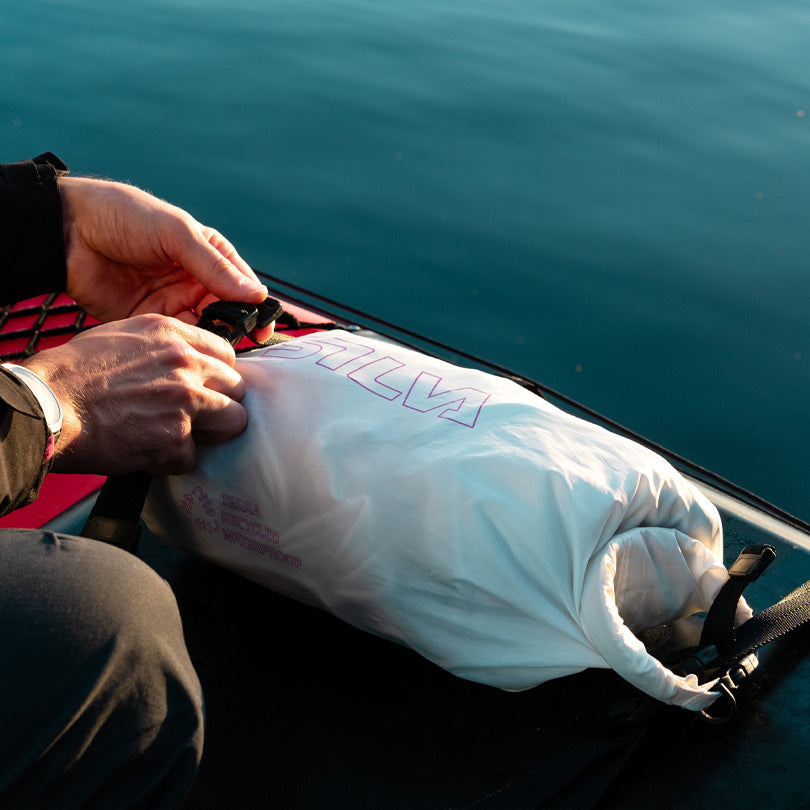

AMPHORI BEPI
The Amfori Business Environment Performance Initiative (BEPI) focuses on identifying and addressing environmental risks in the supply chain. We have chosen to work with Amfori in this area as well to improve our overall environmental performance and minimize any environmental risks in our production. The core principle of BEPI is to drive continuous improvements and create positive change by implementing new ways of working, as well as by modifying, reducing, or replacing materials.
Our goal is for all our main suppliers to have signed BEPI by the end of 2025. By 2027, all our subcontractors should be mapped and included in BEPI. We will then conduct continuous follow-ups and regular audits to ensure compliance with the requirements.
OUR GOAL 2030
We have set a goal to reduce our emission intensity of greenhouse gases by 60% until 2030*. To achieve this, we must work for production to be driven by renewable energy sources, while at the same time speeding up initiatives that reduce the total energy consumption in production. This is where we can have the most influence and where we can push through the biggest change. Where we stand today, we also see opportunities to implement other changes along the production and supply chain that further reduce our emissions and negative footprint. You can read more about these initiatives below.
*Compared to 2022
SILVA CODE OF CONDUCT
Today we have a "Silva Code of Conduct" which is based on the UN Global Compact and its 10 principles in the areas of human rights, labor law, environmental law and anti-corruption. It is simply a document with a number of principles and guidelines we expect all our suppliers and business partners to sign and then adhere to. If this does not happen, it is our responsibility to end the cooperation and find new cooperation partners. You can read our Silva Code of Conduct here.
We follow Amfori's Business Compliance Initiative and work hard to involve our suppliers and business partners.

AMFORI BSCI
Amfori was founded in 1977 and is today a world-leading trade organization for sustainable trade with over 2,400 members. Through a recognized methodology, they help companies to conduct responsible operations and to improve their policies and processes. With the help of the Amfori BSCI Code of Conduct, we can set demands for well-founded and documented CSR work throughout the entire supply chain, while at the same time we get help to identify, prevent, take into account and remedy any irregularities or violations of human rights.
We have set the goal that all our main suppliers (tier 1) must have signed Amfori BSCI and we must have mapped all subcontractors (tier 2 and 3) before 2025. All subcontractors must then have signed Amfori BSCI before 2027. We will then carry out continuous follow-up and regular audits to ensure that the requirements are followed.

AMPHORI BEPI
The Amfori Business Environment Performance Initiative (BEPI) focuses on identifying and addressing environmental risks in the supply chain. We have chosen to work with Amfori in this area as well to improve our overall environmental performance and minimize any environmental risks in our production. The core principle of BEPI is to drive continuous improvements and create positive change by implementing new ways of working, as well as by modifying, reducing, or replacing materials.
Our goal is for all our main suppliers to have signed BEPI by the end of 2025. By 2027, all our subcontractors should be mapped and included in BEPI. We will then conduct continuous follow-ups and regular audits to ensure compliance with the requirements.




THERE IS ALWAYS MORE TO DISCOVER
Are you in the right place
Please select your store











